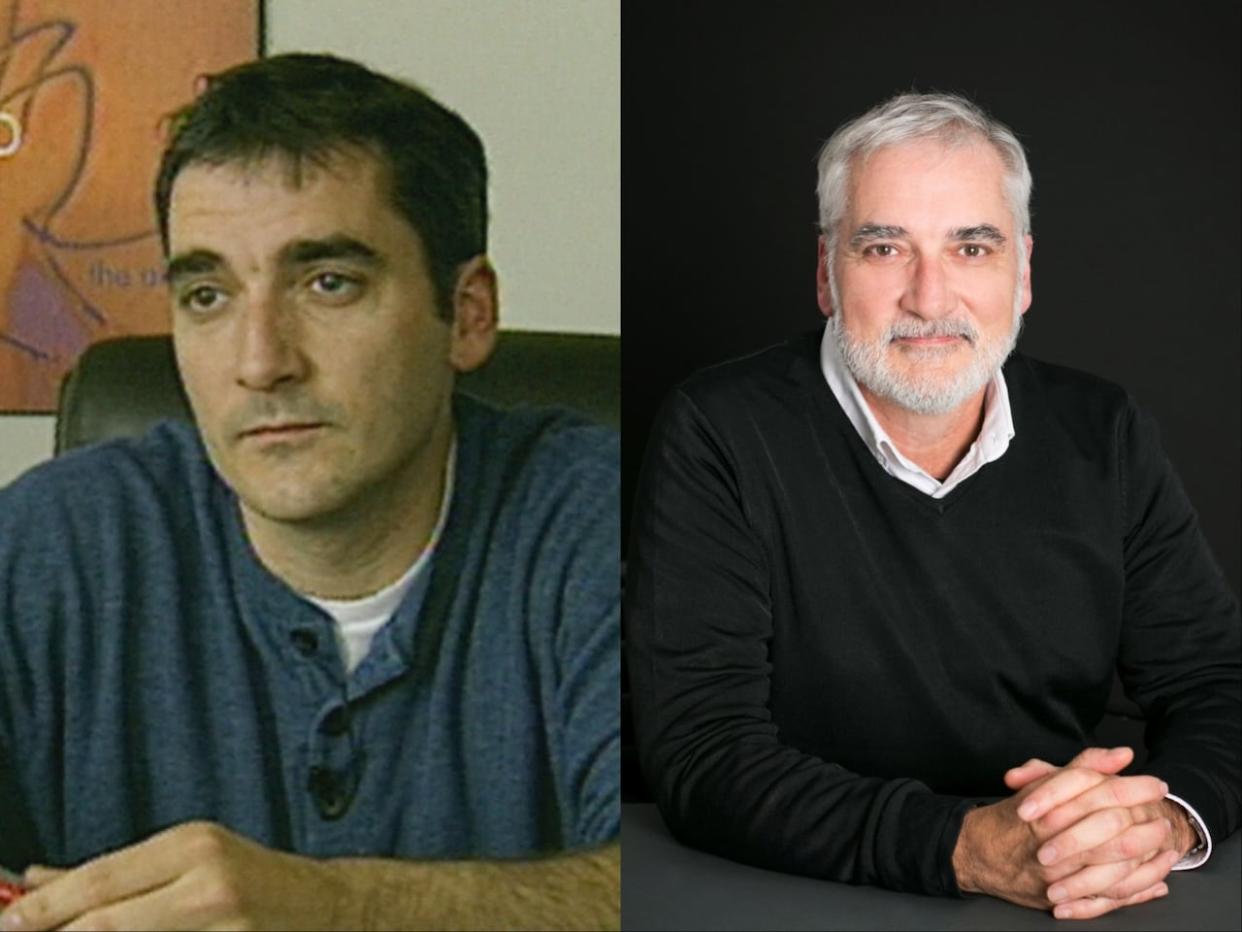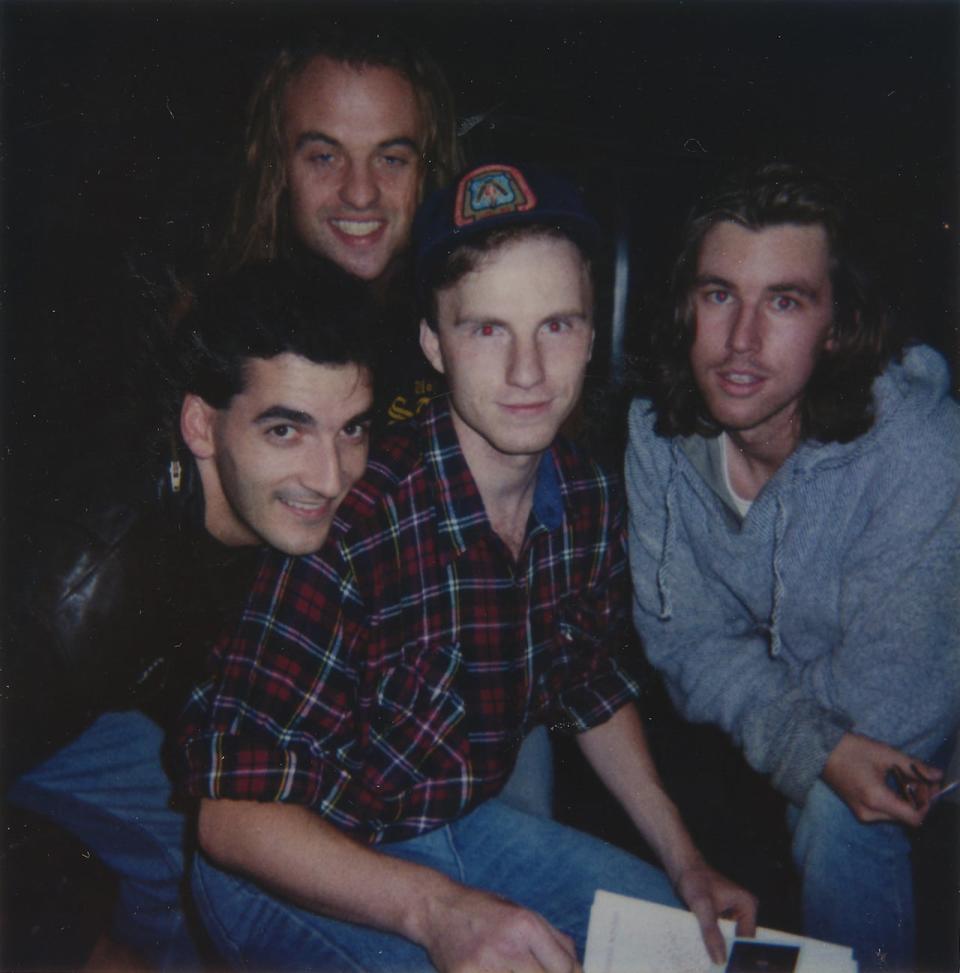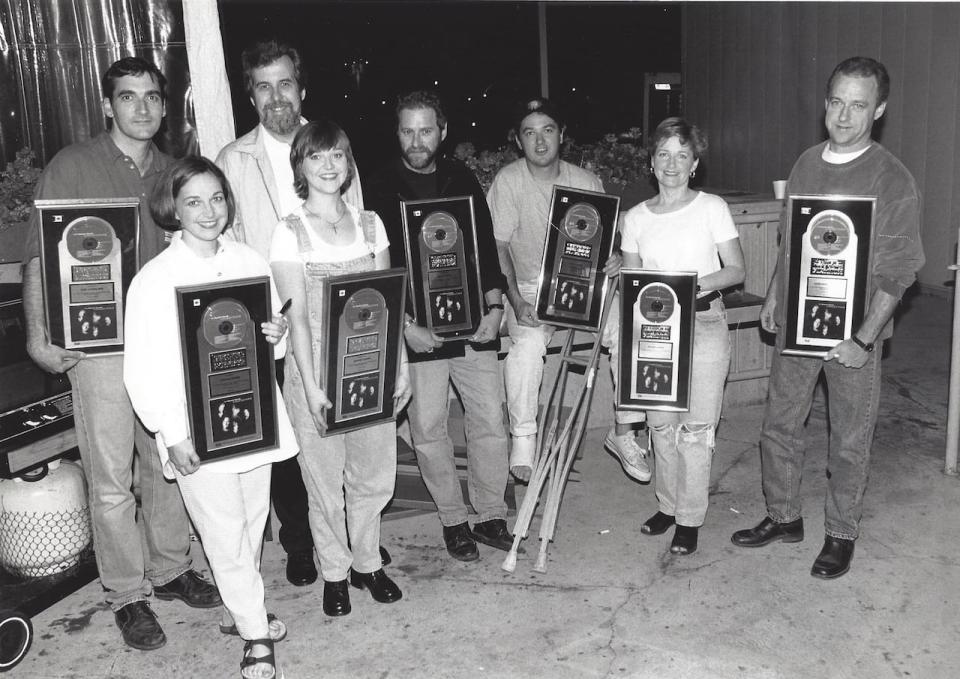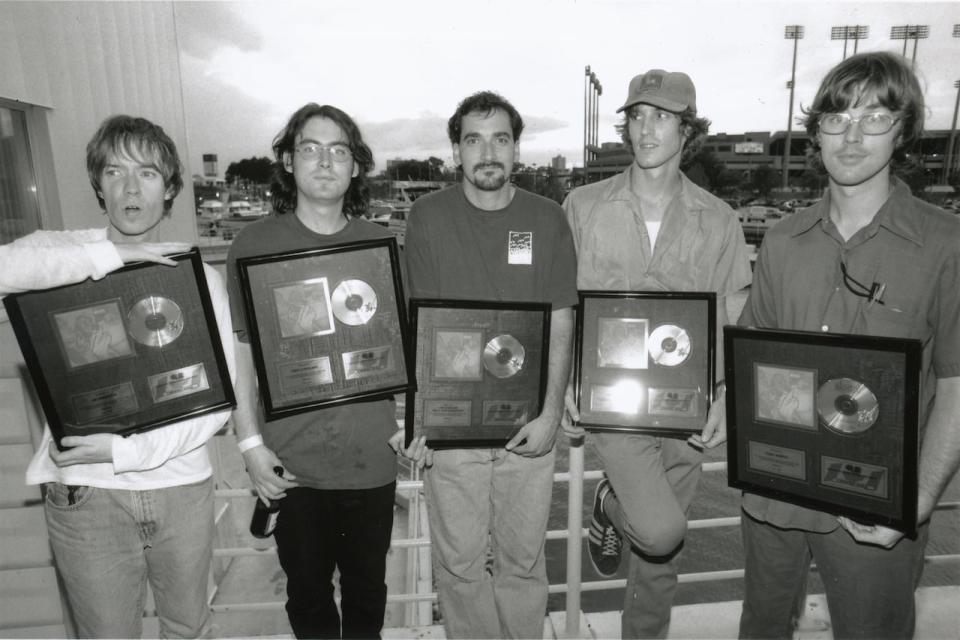Halifax lawyer to receive Juno for decades of helping others achieve stardom

A Halifax lawyer who has played a behind-the-scenes role in the careers of musicians such as Sloan, Feist, The Rankin Family and Alvvays will be front and centre at next month's Juno Awards in Halifax when he receives a special achievement award.
Chip Sutherland, 60, will be honoured with the Walt Grealis Special Achievement Award that recognizes individuals whose work has helped develop the Canadian music industry.
"It's a really nice recognition to have, especially being from Halifax and to have it happen in Halifax," Sutherland told CBC News in a phone interview from Los Angeles.
Originally from Belleville, Ont., Sutherland moved to Halifax in 1985 to attend law school at Dalhousie University. He also played in bands, most notably Black Pool, which won an East Coast Music Award in 1991 for pop/rock recording of the year.
Sutherland left the band later that year as his law practice grew. He practised litigation and did work for school boards as well, but his entrance into entertainment law came when his friends from Sloan — which included former Black Pool bandmate Chris Murphy — needed legal help to sign a major record deal with Geffen Records in 1992.

The members of Black Pool are shown in a 1991 photo. From left: Sutherland, Phil Sedore, John Wesley Chisholm and Chris Murphy. (Chris Murphy)
"This is going from zero to 150 miles an hour in a month from a legal practice point of view," said Sutherland. "Normally you get sort of brought along, but there was nobody. Nobody practised entertainment law in Nova Scotia. There were some film and TV guys, but no music people."
That meant that when Halifax got dubbed as the next Seattle in the mid-1990s, and record labels flocked to the city to sign bands from the city's burgeoning alternative rock scene, Sutherland's legal and artist management services were in demand. Adding to that was interest in the region's Celtic music scene.

Sutherland, left, is shown with members of The Rankin Family in an undated photo. (Chip Sutherland)
"For the East Coast, there were two distinct forks," said Sutherland. "One was Sloan, Jale, Eric's Trip, Thrush Hermit also came out of that. And then on the Celtic side, you had the Rankins, Ashley MacIsaac, Great Big Sea, Natalie MacMaster."
Chris Murphy said Sutherland has helped a lot of people, not just well-known acts.
"He basically helped all kinds of vulnerable and naive and well-meaning people in the East Coast and help them get their music out there and help them not get ripped off," said the Sloan bassist.
Murphy has regularly seen contracts sent to Sloan that Sutherland would rewrite to make them good for the artist.

Sutherland, centre, is shown with the members of Sloan getting gold records in 1995 for the band's first album, Smeared. (Chris Murphy)
Sutherland said there's a false narrative in the music business that contracts are industry standard.
"I'd be like, 'I don't care what you think your industry standard is, it's not our industry standard. Our industry standard is completely different and it involves us retaining ownership and doing it our way,'" said Sutherland.

Sutherland is shown in a 1999 photo from Sydney, Australia, with the iconic Sydney Opera House in the background. (Chris Murphy)
Murphy credits the success of his career to advice Sutherland has provided over the years, including band members sharing earnings equally and having their own record label — Murderecords — to put music out on in case things went sour with Geffen, which is what happened.
When Sloan delivered 1994's Twice Removed to Geffen, the record label was unhappy. While the band's previous album, Smeared, was heavy on grunge and shoegaze music styles, Twice Removed had more of a timeless rock sound, influenced by artists like The Beatles and Fleetwood Mac. The label wanted the band to re-record it.
On a conference call from L.A., Sutherland spoke with the band members and offered his advice.
"I think you just tell them to go pound sand," said Sutherland. "You guys make the records. And if you believe in the record, then I don't care about Geffen, we'll get you out. And it was very ballsy for them. They were in their 20s."

Sutherland, second from right, is shown with the members of Sloan in a 2000 photo from Spain. (Chris Murphy)
The band declined to re-record the album, so the label didn't promote the album, resulting in it initially being a commercial flop in the U.S. and paving the way for the band's departure from Geffen. However, the album has since gone gold in Canada and was ranked 14th in Bob Mersereau's book The Top 100 Canadian Albums.
"Chip was definitely part of the … standing up for Twice Removed," said Murphy. "You know, 'Take it or leave it, like, this is it,' whereas I was a coward who would have kissed anyone's ass to just be on Geffen."
After file-sharing websites like Napster took a sledgehammer to the music industry by causing a proliferation of illegal music downloads, Sutherland focused on more general legal work, which included working with the Capital District Health Authority as its general counsel.
Radio Starmaker Fund
In 2001, he oversaw the development of the Radio Starmaker Fund, which is funded by Canada's private radio broadcasters. The fund has given out almost $170 million to Canadian musicians and he's still running it.
Today, Sutherland focuses on doing legal work for his music clients and some artist management. He co-manages Sloan and Feist, and is Alvvays's business manager.
Alvvays's lead singer, Molly Rankin, is the daughter of John Morris Rankin, who was in The Rankin Family until his death in 2000.

Sutherland, left, Feist, Jill Barber and Grant Lawrence are shown backstage at a Feist concert earlier this month in Vancouver. (Chip Sutherland)
When the Rankins did a reunion tour in the mid-2000s, Molly Rankin toured with the group. Sutherland said she would have been in her late teens at the time. He said some of the songs she had recorded in demo form later showed up on Alvvays albums. Today, the band is a Grammy-nominated group.
It's witnessing moments like this that make him so passionate about his work.
"I don't ever get involved in the creative side of things," he said. "I'm the snowplow. I just make sure the path is open for them to follow whatever path they're gonna follow. And then when it works … the satisfaction of seeing them succeed on their own terms, it's tremendous."
MORE TOP STORIES

